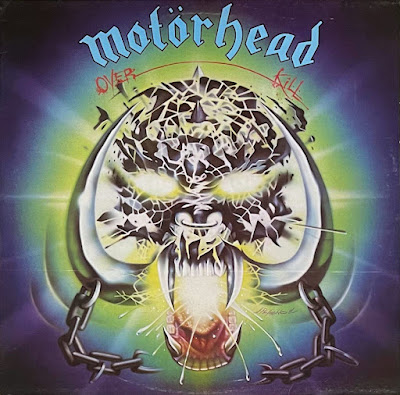Hawk the Slayer: Watch for Me in the Night (2023)
Author: Garth Ennis | Illustrator: Henry Flint | Page Count: 128
"Since last you rode those awful paths, the black woods have almost doubled in size..."
Forty-three years! That's how long it took for a sequel to Hawk the Slayer (1980) to emerge. That's quite a span.
The only downside is the continuation is a comic book, not a movie. Wait, that's not a downside. It's quite the opposite, in fact, given how shit-awful modern fantasy movies are. The comic has no CGI, no extended universe crap, and no woke politics. That's a bona fide upside!
Was it worth the wait? No, but it did inspire me to rewatch the movie, so, again, I'm calling it a good thing.
Its story, written by Garth Ennis, of Hellblazer and Preacher fame, feels like an 80s B-Movie, which is how it should feel, in reverence to its predecessor.
It follows Hawk as he reunites with the remaining members of the Table of Five. Together with a couple of newbies, they go to thwart a great evil.


_7aL.jpg)














